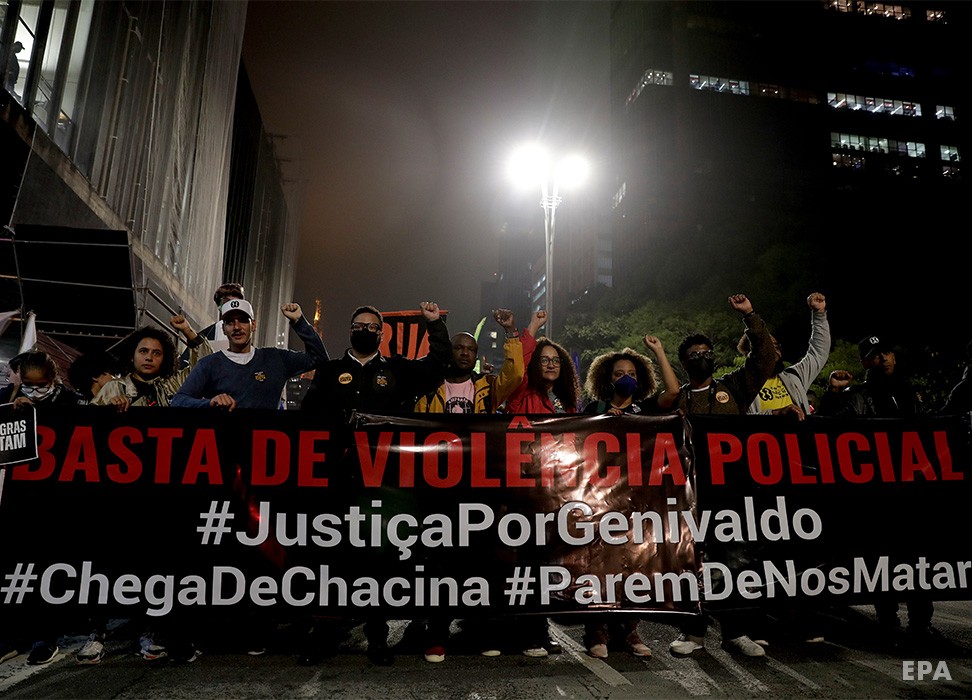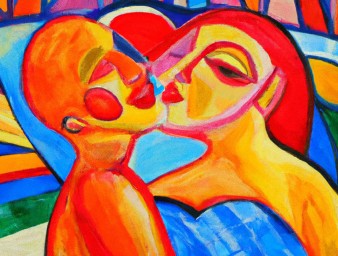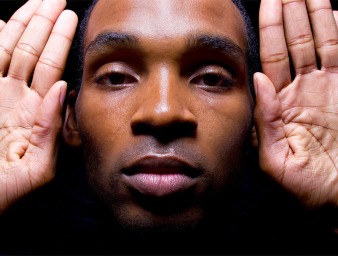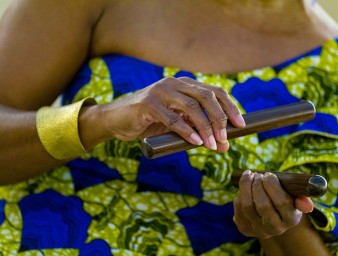Lived experiences key to achieve racial justice and equality

“Those who have experienced the impact of racism will agree with me that it is a scourge that cuts deep and causes pain and human suffering. The way I see it, racism, race discrimination and inequality, generally, must indeed be overcome so that we can build a world beyond racism”, said Yvonne Mokgoro, Chair of the International Independent Expert Mechanism to Advance Racial Justice and Equality in the context of Law Enforcement*.
Mokgoro made her statement during an interview before the presentation of the first report of the Expert Mechanism during an interactive dialogue at the recent Human Rights Council meeting.
Acting High Commissioner Nada Al-Nashif presented a UN Human Rights report on racial justice and equality for Africans and people of African descent. The report is a follow up to last year’s landmark report on racial justice and equality.
“Today, the need for comprehensive evidence-based approaches to address historic injustices and their contemporary manifestations is clearer than ever if we are to achieve transformative change,” said Al-Nashif.
The report by UN Human Rights finds “promising initiatives in different countries, including measures to recognise and seek to address racism beyond the sum of individual acts and to begin to address past legacies.” It states, however, that for the most part these initiatives fall short of such approaches that address systemic racism, including structural and institutional factors, in State institutions, the private sector and societal structures across multiple interconnected areas.
Lived experiences crucial for action against racism
The event was also the first time that people who have had direct experiences of systemic racism had a chance to bring their professional and lived experiences into the dialogue at the Council.
Collette Flanagan from the USA shared her deep personal loss with the Council.
“Clinton was only 25 years old, a Black father of infant twin sons,” Flanagan told member States. “Clinton was unarmed on the night of March 10th, 2013 when a Dallas officer shot him seven times. Five times in his chest, once in his raised left arm and the final shot was in the back at close range.”
In response to the death of her son and other mothers suffering the same, Flanagan founded Mothers Against Police Brutality. One of the concrete aims is to have the police prohibited from using deadly force when encountering an unarmed person or someone having a medical crisis.
“Many lives could be saved if the use of deadly force were based not on an officer’s perception but the actual observable conditions at the scene,” Flanagan said. “If I fear for my life is a shield against criminal prosecution then qualified immunity is an officer’s armour in civil court,” she added.
“
My experience of a life impacted by racism and race discrimination and inequality was sufficient motivation for me to take the opportunity to be part of efforts towards eliminating racism in the context of law enforcement.
“
Yvonne Mokgoro, Chair Expert Mechanism to Advance Racial Justice and Equality in the context of Law Enforcement
Jurema Werneck is a Brazilian woman activist of African descent promoting human rights, racial and gender equality. Since 2017, Werneck is the Executive Director of Amnesty International Brazil.
Data from the Brazilian public security force shows, in 2020, that the number of people killed by police officers hit a record of 6,415 deaths, with nearly 79 percent of the victims being Black, Werneck said. In six states, in 2021, the police killed one Black person every four hours, she said.
“In Brazil, police brutality rates continue to spike, breaking records year after year throughout the country,” Werneck told the Council. “How many killings committed by law enforcement officers could have been prevented in the period were it not for the inertia of those who made a commitment [through the Durban Declaration and Programme of Action] in 2001 and did little to fulfil it?”
The report presented by the Expert Mechanism during the Dialogue focuses on the collection, publication, and analysis of data disaggregated by race or ethnic origin concerning interactions of Africans and people of African descent with law enforcement authorities and the criminal justice system.
But, as Mokgoro pointed out, data collection itself does not resolve longstanding racism and race discrimination. It is, however, an essential first step in highlighting the magnitude of systemic racism against Africans and people of African descent and its manifestations in law enforcement and criminal justice.
“Lived experiences is actually where we anchor the need for the collection of data disaggregated in terms of race, ethnic origin or ethnicity”, explained Mokgoro.
We are all human beings
The unprecedented participation of individuals affected by racism, in this case, Flanagan and Werneck, demonstrated that lived experiences should indeed be at the core of all efforts to fight racism, Mokgoro said.
“Participating in this event also gives them a voice. It gives them a voice that needs to be heard directly”, added Mokgoro.
Al-Nashif said the real measure for success in advancing justice and racial equality has to the demonstrable positive changes in the lives of those affected. Data collection is crucial, but concrete participation on all sides is as important, she said.
“We can only succeed in building back better towards a more resilient future of equality and non-discrimination if States and all relevant actors stand united and accelerate action in the fight against systemic racism”, concluded Al-Nashif.
Mokgoro said the fight against racism must be rooted in the recognition of and respect for everyone’s humanity and dignity.
“In African culture, we believe in the value-based notion of Ubuntu which says, I am because you are, meaning, I am human only because you are human.” she said. “It connotes the need to treat human beings with human dignity, no matter what their race, skin colour, social origin, no matter what their gender, etc. It is the fact of your humanity that I treat you humanely. And if one human being does not treat another humanely and with human dignity, it diminishes the humanity of the perpetrator and humanity as a whole.”
*According to Resolution 47/21 of the Human Rights Council, the Expert Mechanism was established in 2021 “to further transformative change for racial justice and equality in the context of law enforcement globally, especially where relating to the legacies of colonialism and the Transatlantic slave trade in enslaved Africans, to investigate Governments’ responses to peaceful anti-racism protests and all violations of international human rights law and to contribute to accountability and redress for victims.”



